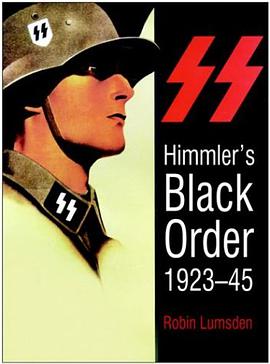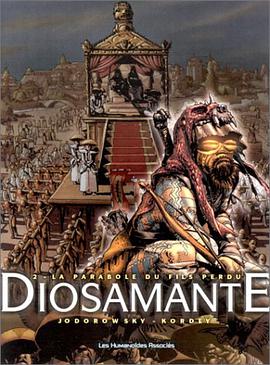

具體描述
On 16 March 1968, two US infantry companies entered a Vietnamese village and in the course of a single morning killed over 400 of its unarmed, unresisting inhabitants ...This is the first book to examine the response of American society to the My Lai massacre and its ambiguous place in American national memory. Kendrick Oliver argues that the massacre revelations left many Americans untroubled. It was only when the soldiers most immediately responsible came to be tried that opposition to the conflict grew, for these prosecutions were regarded by supporters of the war as evidence that the national leaders no longer had the will to do what was necessary to win. Oliver goes on to show that, contrary to interpretations of the Vietnam conflict as an unhealed national trauma or wound, many Americans have assimilated the war and its violence rather too well, and they were able to do so even when that violence was most conspicuous and current. US soldiers have been presented as the conflict's principal victims, and this was true even in the case of My Lai. It was the American perpetrators of the massacre and not the Vietnamese they brutalized who became the central object of popular concern. Both the massacre and its reception reveal the problem of human empathy in conditions of a counter-revolutionary war - a war, moreover, that had always been fought for geopolitical credibility, not for the sake of the Vietnamese. This incisive enquiry into the moral history of the Vietnam war should be essential reading for all students of the conflict, as well as others interested in the war and its cultural legacies.
著者簡介
圖書目錄
讀後感
評分
評分
評分
評分
用戶評價
相關圖書
本站所有內容均為互聯網搜索引擎提供的公開搜索信息,本站不存儲任何數據與內容,任何內容與數據均與本站無關,如有需要請聯繫相關搜索引擎包括但不限於百度,google,bing,sogou 等
© 2025 book.quotespace.org All Rights Reserved. 小美書屋 版权所有




















